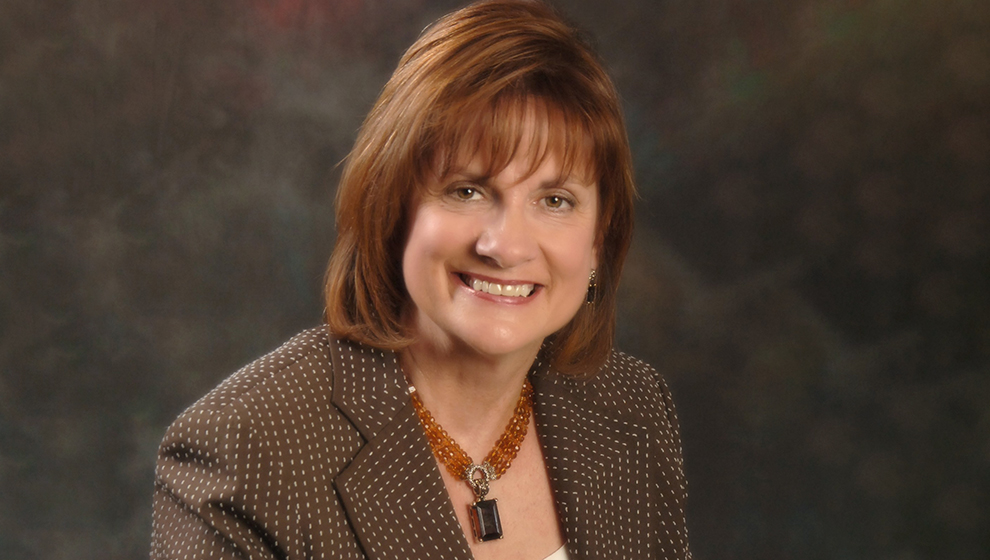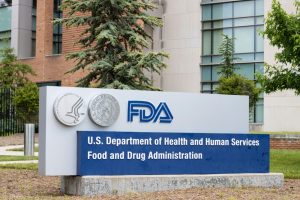Below, we hear from accredited dietitian Bonnie Berube on how these professionals gain their expertise and why they have a good deal to offer as expert witnesses.
In brief, what does a dietitian do?
A registered dietitian nutritionist is an expert in the field of dietetics who is qualified to advise people and organizations on food and nutrition choices. These professionals have met stringent academic and professional requirements, including being a member of the Academy of Nutrition and Dietetics (AND).
What regulations are you, as a dietitian, called to enforce?
Key regulations include the standards of practice as established by the AND, as well as state, local, and national health and accrediting agencies. These organizations may include the Joint Commission on Accreditation of Healthcare Organizations (JACHO), the Centers for Medicare and Medicaid Services (CMS), Serv©Safe of the National Restaurant Association, and the United States Department of Agriculture (USDA) child nutrition programs as well as specific affiliation agreements and individual contracts.
How do you apply your knowledge as an expert witness?
A registered licensed dietitian’s knowledge is utilized in expert witness testimony to evaluate if the standards of care or regulations have been met in the care of clients, patients, customers, and institutions. The dietitian holds the role of nutrition-care expert in these facilities and is responsible for the nutrition care of patients and assurance of the facility’s capacity to conduct food service operations under all regulatory requirements. The testimony and knowledge of the expert provide fact-based evidence and credibility to the case.
The USDA, Federal Food Code, CMS, Joint Commission of Accreditation of Health Care Organizations, Department of Health and Human Services, and other agencies have specific standards of compliance. The dietitian can address whether those standards were met in terms of food service and nutrition care.
What sorts of cases do you advise on? How does your role differ when advising plaintiffs or the defence?
I have been involved in cases concerning malnutrition, pressure wounds, bariatric surgery, food safety, failure to thrive, standards of care, and compliance lawsuits to name a few. I have provided expert witness services nationally and have been retained by firms representing plaintiffs or the defense. I also made a presentation on the role of a registered dietitian nutritionist in the law at a national meeting of the American Association for Justice (formerly the Association of Trial Lawyers).
Why is the expertise of a dietitian crucial for a just outcome of these cases?
The testimony of a registered and licensed dietitian nutritionist is essential to the just outcome of cases to confirm that the standards of care and regulatory requirements were met. In addition, they can advise on whether or not the “dietitian of record” was participating and under contract. An expert dietitian can evaluate medical records, physician orders, nutritional assessments, and all other pertinent information as it relates to standards of practice for patients, residents, and clients.
In the area of food service, the dietitian expert can evaluate menus, Health Department inspections, staffing, training and education, budgeting, and other operational issues to assure food safety.
How can somebody become a registered licensed dietitian?
To become a registered dietitian nutritionist, an individual must be a graduate of an approved program accredited by the Accreditation Council for Education in Nutrition and Dietetics (ACEND). Next, the person must also have completed an accredited supervised practice program in a healthcare facility, community agency, or food service agency, passed a national examination administered by the Commission on Registration, and met the licensure requirements of his or her state. A Registered Licensed Dietitian has a minimum of a Bachelor’s Degree and will be required to have a Master’s Degree in 2024.
What distinguishes licensed dietitians from the unlicensed?
Licensed dietitians must meet individual state licensure requirements. Facilities that receive state and federal funds require a dietitian to be licensed in that state to assure compliance with all regulatory guidelines. Licensure is renewed on a regular basis, and dietitians must meet state licensure requirements to have their license renewed. This license is in addition to the RDN registration.
Are there any common misconceptions about your practice that you would like to dispel?
The registered dietitian nutritionist (RDN) is the recognized expert in this field. However, the term nutritionist is more general, and anyone can claim to be a nutritionist regardless of whether or not he or she is accredited.
RDNs should provide science-based expertise and evidence. CMS and Joint Commission require an RDN in either a full-time or consultant role for accreditation of healthcare facilities. Nutritionists without the proper education, licensure, and certification cannot provide services.
Bonnie Lynn Berube, Registered Licensed Dietitian Nutritionist
1425 Blalock Road, Suite 107, Houston, TX 77055
Tel: +1 713-999-1220 or cell +1 713-927-3476
Fax: +1 713-999-1221
E: bberube@berubeconsultingpllc.com
Bonnie Lynn Berube (MS RDN LD) is the founder of Berube Consulting PLLC and has been supplying consultation services locally and nationally for over 26 years. Prior to forming the company, Bonnie was Administrative Director of Dietetics and Food Service for the Memorial Hermann Hospital in the Texas Medical Center, which is a teaching hospital for the University of Texas Medical School. Bonnie was employed by three major food service distributors to develop and manage healthcare divisions. Bonnie has had faculty appointments at the University of Houston, Houston Community College, and the University of Texas School of Allied Sciences. Bonnie is also a past president of the Texas Dietetic Association and a former site reviewer for the Accreditation Council for Education in Nutrition and Dietetics. (ADEND). Bonnie is a member of several advisory committees for dietetic internships and accredited culinary programs.
Berube Consulting PLLC is a food service and nutrition professional firm that provides services to the healthcare and food service sectors among others. The firm offers nutrition analysis and labels for recipe items as well as menu development. The firm also provides the required experience and competencies for interns to successfully complete dietitian programs and become eligible to take national exams.





















